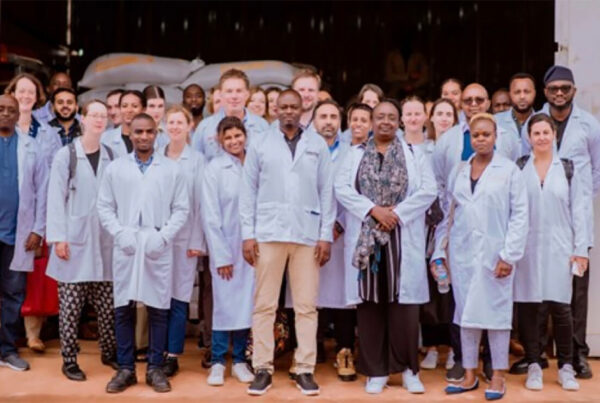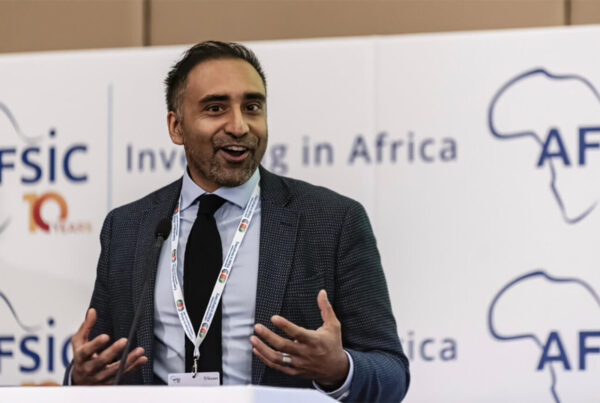Only 55% of Kenya’s waste is collected and less than half of that (~20% total waste) is collected by formal collectors registered with the National Environment Management Authority (NEMA).
To improve waste management, Kenya’s Ministry of Environment and Forestry (MoEF) has developed the country’s first Extended Producer Responsibility (EPR) regulation that is yet to be adopted into law.
Extended Producer Responsibility is an environmental protection strategy that makes the manufacturer of a product responsible for the entire life cycle of the product and its packaging, especially for the collection, recycling and final disposal.
Manufacturing Africa (MA) has been working with stakeholders in the industrial ecosystem to sensitise manufacturers about the coming regulation. In April, MA held two webinars whose aim was to familiarise key stakeholders with the regulation and promote its implementation once it’s passed into law.
This was a really helpful webinar. Very clear and I believe it is a great way to create awareness of what is coming. Again – well done – Dow Chemicals
The first session co-convened with key stakeholders including Kenya Association of Manufacturers (KAM), Kenya Extended Producer Responsible Organisation (KEPRO) and Kenya Plastics Pact (KPP) members brought together 110 participants from the private sector.
The event provided an overview of what the private sector can expect from the incoming Extended Producer Responsibility regulations in Kenya. Speakers outlined the definition of the regulations, what waste streams they covered, the expected benefits across the packaging waste value chain, how fees might be set, and what compliance and governance may look like.
MA convened a second session specifically targeting donors and development sector players and focused on best practices of implementing of the Extended Producer Responsibility regulations using other countries as benchmarks.
Thank you for this immensely helpful presentation – British Interñational Investment
Participants at both webinars stated that the webinars were instrumental in helping them understand the proposed regulation and the knowledge gained will help them prepare adequately for implementation.
MA will continue to work with KEPRO on the implementation of EPR regulations in the packaging of non-hasardous waste workstream and has just started a new phase of work focused on implementing EPR in the e-waste segment.





